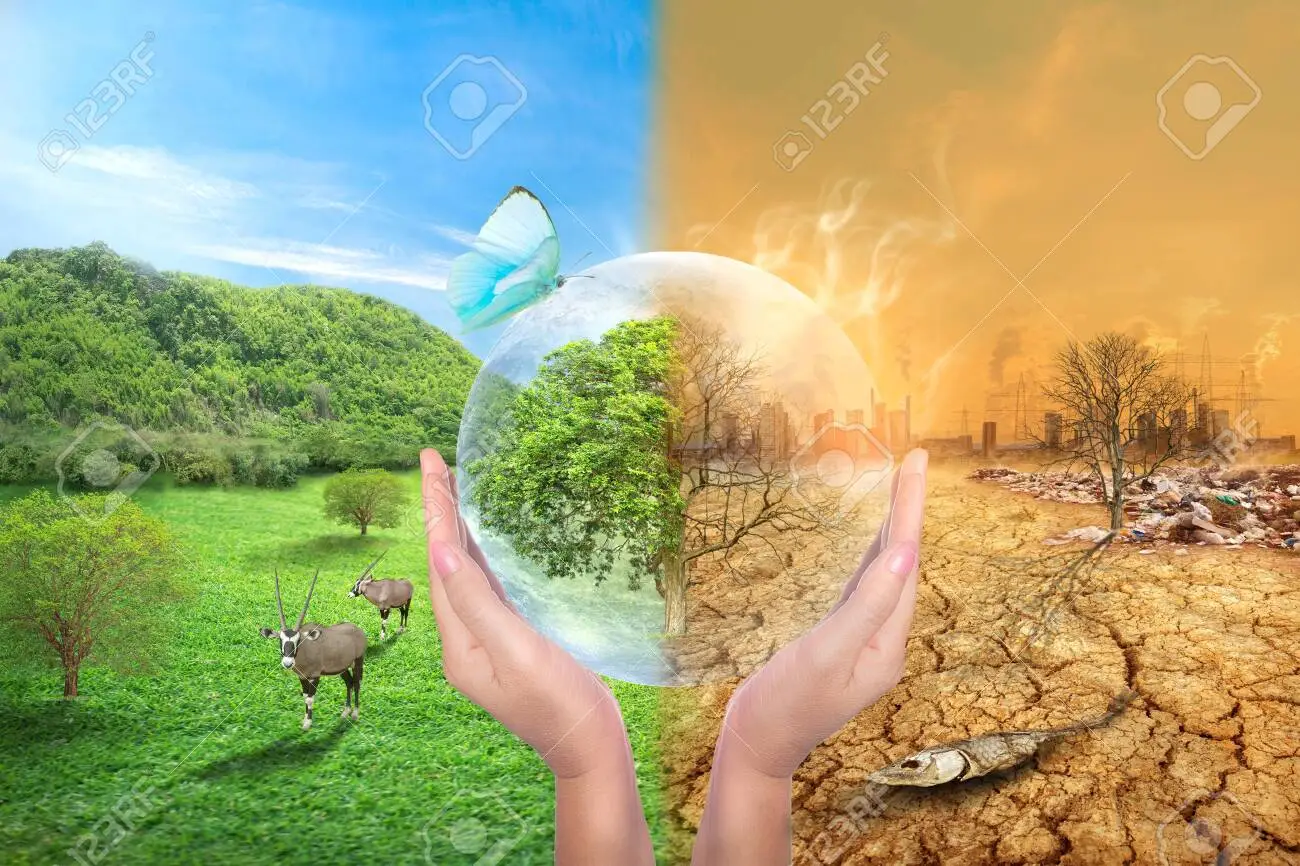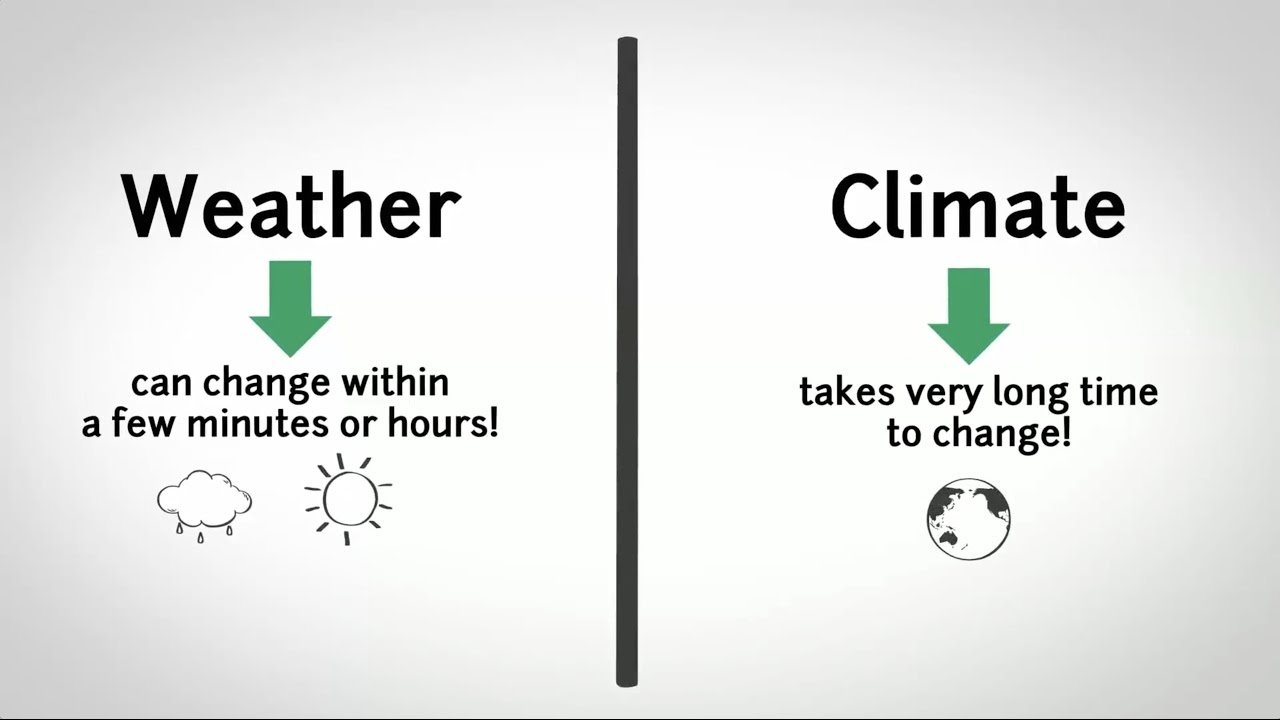Climate Change: The Science Behind the Headlines in 2023

Climate change is a global issue that has gained significant attention in recent years due to its severe consequences. While the headlines highlight the impacts of climate change, it is essential to understand the science behind this phenomenon. In this article, we will discuss the science of and its causes, impacts, and solutions.
In this section, we will introduce the topic and its significance. We will also explain the difference between climate and weather and provide a brief history of climate change.
What is Climate Change?
This section will define and its causes. We will discuss the role of greenhouse gases, human activities, and natural causes. We will also provide a brief overview of the Earth’s climate system and the role of the oceans, land, and atmosphere.
Evidence of Climate Change
In this section, we will discuss the scientific evidence that supports the existence of . We will explain the role of ice cores, tree rings, and other indicators in determining past climate variations. We will also discuss the role of modern technologies, such as satellites, in monitoring.
Impacts of Climate Change

In this section, we will discuss the various impacts of on the environment, human health, and the economy. We will explain the effects of rising temperatures, sea-level rise, extreme weather events, and other consequences of . We will also provide examples of regions and countries that are already experiencing the impacts.
Solutions to Climate Change
This section will discuss the various solutions to, including mitigation and adaptation strategies. We will explain the role of renewable energy, energy efficiency, and carbon capture and storage in reducing greenhouse gas emissions. We will also discuss the importance of international cooperation and government policies in addressing.
The Future of Climate Change
In this section, we will discuss the future of and its potential impacts on the environment, human health, and the economy. We will explain the role of climate models in predicting future climate scenarios and the uncertainty associated with these predictions.
Read More:There Are Seven Issues That Science Has Yet To Resolve
Conclusion
In conclusion, is a complex issue that requires a comprehensive understanding of its science and impacts. It is clear that is already happening and that its impacts will continue to grow in the future. However, there are solutions to address this issue, and it is essential to act now to mitigate and adapt to the impacts.
FAQs
- What is the difference between climate and weather?
- What causes climate change?
- How do scientists study past climate variations?
- How will impact human health?
- What can individuals do to address ?
1. What is the difference between climate and weather?

Climate refers to long-term patterns of temperature, precipitation, and other weather conditions in a particular region. Weather refers to short-term changes in atmospheric conditions, such as temperature, precipitation, and wind.
2. What causes climate change?
primarily caused by human activities, such as burning fossil fuels and deforestation, which release greenhouse gases into the atmosphere. Natural causes, such as volcanic eruptions and solar radiation, also contribute to.
3. How do scientists study past climate variations?
Scientists study past climate variations by analyzing natural indicators, such as ice cores, tree rings, and sediment layers. They also use modern technologies, such as satellites and climate models, to monitor and predict future climate scenarios.
4. How will climate change impact human health?
can impact human health in various ways, such as increasing the risk of heat-related illnesses, respiratory diseases, and vector-borne diseases. can also impact food and water security,
Continuation:
- What can individuals do to address climate change?
Individuals can take several actions to address , such as reducing energy consumption, using renewable energy sources, eating a plant-based diet, and reducing waste. They can also support government policies and initiatives aimed at reducing greenhouse gas emissions and adapting to the impacts.
Climate change is a significant global issue that requires urgent action from individuals, governments, and the international community. By understanding the science behind and its impacts, we can work together to address this issue and create a more sustainable future. It is essential to act now to mitigate and adapt to the impacts of and ensure a livable planet for future generations.












One Comment